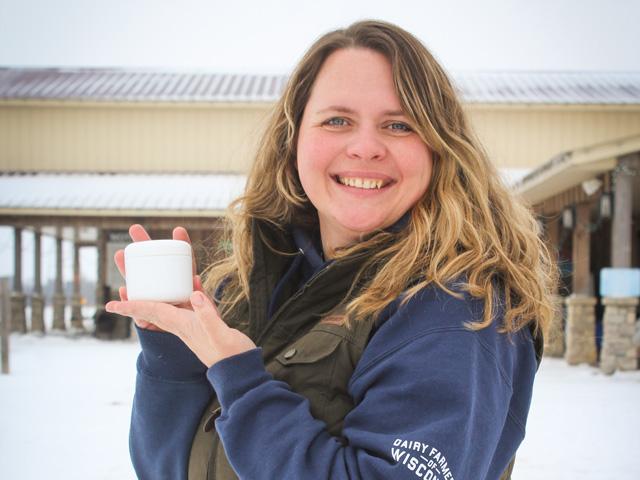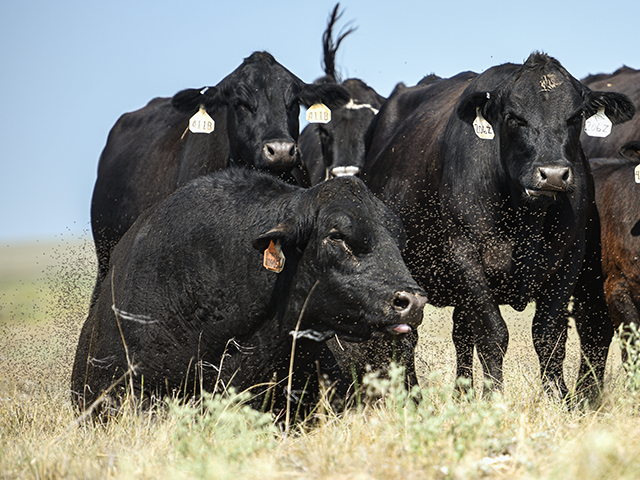Ask the Vet
Biting Flies
READER: We live in Shiner, Texas, and we have a serious problem with biting flies every year around June. It lasts a good month. They show up suddenly and go away just as suddenly. It seems worse after a rain. Just before dark, the cattle run with their tails up in the air. It most commonly occurs along the creek. The neighbor's side of the creek is grown up with brush. We think these are horseflies or deerflies. They buzz like a bee, fly around us but have never bitten us. Cattle, however, get multiple whelps about 2 inches in diameter on their necks, shoulders and sides. We have tried predators, flytraps, sprays, pour-ons. None have worked. Do you have any thoughts on how to control them?
Dr. McMillan: These are most likely a type of fly that doesn't spend most of its adult life on cattle. Stable flies, horseflies, deerflies, blackflies and heel flies fit the life cycle described. They have all been reported to cause the type of behavior you describe in your cattle.
P[L1] D[0x0] M[300x250] OOP[F] ADUNIT[] T[]
Stable flies have painful bites and tend to attack the legs of cattle. Heel flies resemble honeybees. While they can't bite, they often swarm and lay eggs on the legs of cattle. Heel flies are the adult form of cattle grubs or warbles. Cattle treated with avermectins (Ivomec, generic ivermectin, Dectomax or Cydectin) or products specifically labeled to control cattle grubs (if used at the proper time) would not develop grubs, but this would not prevent heel flies coming from neighboring farms and attacking your cattle.
Stable flies, horseflies, blackflies and deerflies are hard to control. Back rubs, dust bags, sprays, flytraps, fly predators and ear tags may be of benefit, but because stable flies primarily bite the legs, insecticides on cattle are generally less effective when it comes to their control. Residual premises sprays used in barns and resting areas may help.
Sanitation is the most effective tool for most of these flies, the exceptions being heel flies and blackflies. Stable flies, horseflies and deerflies lay eggs in decaying organic material. Cleaning up areas heavy with urine and feces, and spreading that material onto pastures is a key to their control.
Lastly, consider moving cattle away from low-lying areas during fly season. This may be one of the most effective methods to preventing this problem moving forward.
**
-- Please contact your veterinarian with questions pertaining to the health of your herd. Every operation is unique, and the information in this column does not pertain to all situations. This is not intended as medical advice but is purely for informational purposes.
-- Write Dr. Ken McMillan at Ask The Vet, 2204 Lakeshore Dr., Suite 415, Birmingham, AL 35209, or email vet@progressivefarmer.com
[PF_1121]
(c) Copyright 2021 DTN, LLC. All rights reserved.




